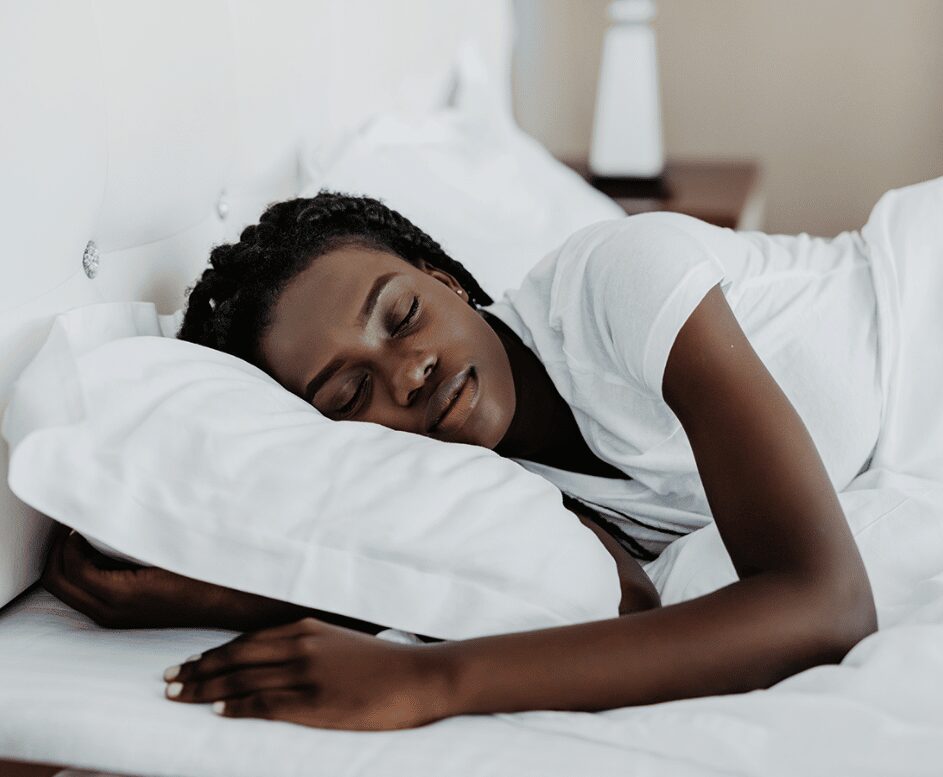Getting enough sleep is crucial for our overall health and well-being. It is a fundamental aspect of maintaining our physical, emotional, and mental health, which is why it’s important to prioritize sleep, particularly after a long and busy day. However, how much sleep we need is a matter of debate among experts.
Many people believe that 8 hours of sleep per night is the ideal amount of time to sleep. Still, various factors can impact how much sleep an individual needs, including age, gender, lifestyle, and health status. For instance, newborns typically sleep for up to 18 hours a day, while adults over 65 may need only six hours of sleep per night.
Individual differences also play a significant role in determining how much sleep a person needs. Factors like the type of work one does and the amount of exercise one gets each day can significantly affect the quality of sleep one gets. For example, someone who spends most of their day sitting at a desk may need more sleep than someone who works in a physically demanding job.
Experts believe that genetics are the key to determining how much sleep a person needs. Some people are considered “elite sleepers” who display exceptional psychological fortitude and resistance to neurodegenerative diseases. These individuals may only need four to six hours of sleep per night to function optimally. On the other hand, people who are prone to certain health conditions, such as sleep apnea, may require more sleep to feel rested.
This discovery has significant implications for the treatment of neurological disorders like epilepsy and Alzheimer’s. By understanding the genetic factors that contribute to an individual’s sleep requirements, researchers may be able to develop more effective treatments for these conditions. Moreover, it can help individuals better understand their sleep needs and prioritize healthy sleep habits.
In summary, while eight hours of sleep per night may be ideal for some, it’s not necessarily the right amount for everyone. The key is to listen to your body and pay attention to the quality of sleep you’re getting. If you’re consistently tired or not feeling refreshed after a night’s sleep, it may be worth exploring whether you need more or less sleep. By prioritizing healthy sleep habits and understanding your unique sleep needs, you can improve your overall well-being and quality of life.
REAN NEXT ON: 4 Ways To Mentally Unwind After A Stressful Day






































